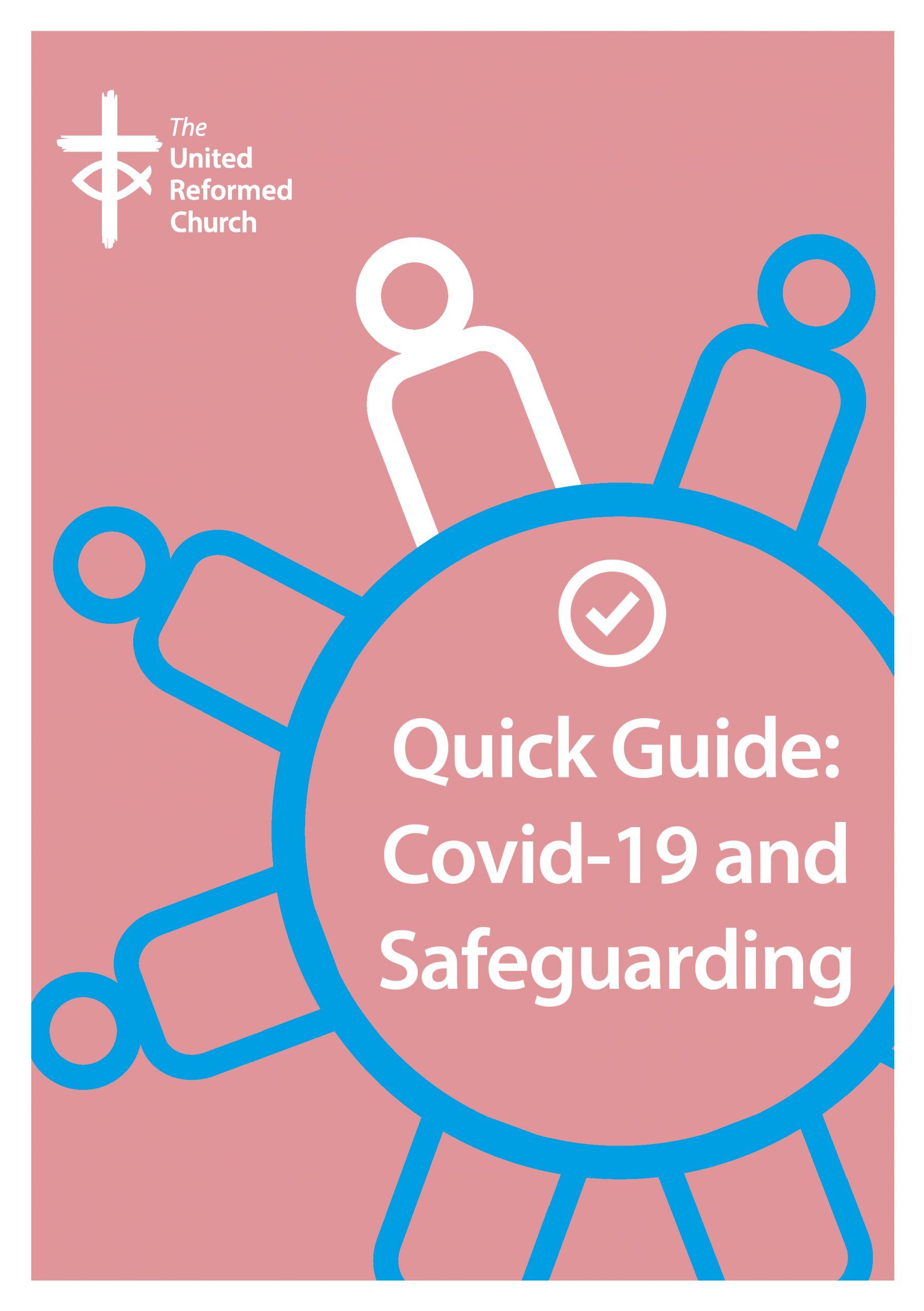Quick Guide: Covid-19 and Safeguarding
During the pandemic, the pressures placed upon local churches have risen significantly and this has led to an increase in the need to protect people from different forms of harm and abuse.
Here is a quick guide to what you can do to offer support whilst continuing to serve the needs of your communities.
Protecting People
If you become aware or you are concerned that an individual may be at risk of abuse or neglect; you should:
- Contact your church safeguarding coordinator or Synod Safeguarding Officer for advice within 24 hours.
- Refer to a local social care service in the area that the individual lives. (Check the website to see any changes to reporting procedures currently).
- Always call the Police using 999 if you suspect someone is in immediate danger.

Exploitation and grooming
In times of crisis, those who seek to exploit children and adults can be quick to act and prey on vulnerabilities – particularly in online forums, where they may face fewer barriers to do so with a reduction in online moderators.
You can help by:
- Know the signs of exploitation, be vigilant to them and take any disclosures or concerns seriously.
- Refer concerns to safeguarding coordinators, Synod Safeguarding Officers, social services or the Police.
- Use the resources like the NSPCC, CEOP or UK Safer Internet Centre to support parents, families and individuals to learn how to stay safe online.
Poverty
It is estimated that over 3 million people have faced food poverty since the pandemic began, including those who have lost their employment and their homes. You can offer support by:
- Map out food banks and points of contact in your area to be shared with those who need them.
- Use the Covid-19 Mutual Aid website to locate individual who can support those who are vulnerable and self-isolating to access essential supplies.
- Encourage parents of school age children to continue to claim their free school meals.
- Share information on basic hygiene and infection control with those who may have limited access to technology.
- Share information about the Government’s pledge to support those facing home insecurity and signpost to local Housing Offices.
Financial abuse
Many elderly and vulnerable people are having to try to manage their finances in different ways and there has been a rise in cases of scams as others look to exploit this – including over the phone and online. Financial abuse can be perpetrated by those closer to home, including family, friends and others who appear to be seeking to help the individual and it can be closely linked to domestic abuse.
You can offer support by:
- Be familiar with the signs of financial abuse (reports of missing personal items, unexplained shortages of money for essential items, another person controlling someone’s money or taking an unusual interest.
- Share advice on the signs of a SCAM: Seems too good to be true, Contacted out of the blue, Asked for personal details, Money is requested.
- If you support those in your community involving payments follow government advice on keeping records and receipts.
Download this guidance
- A Quick Guide: Covid-19 and Safeguarding (PDF | 1mb)
